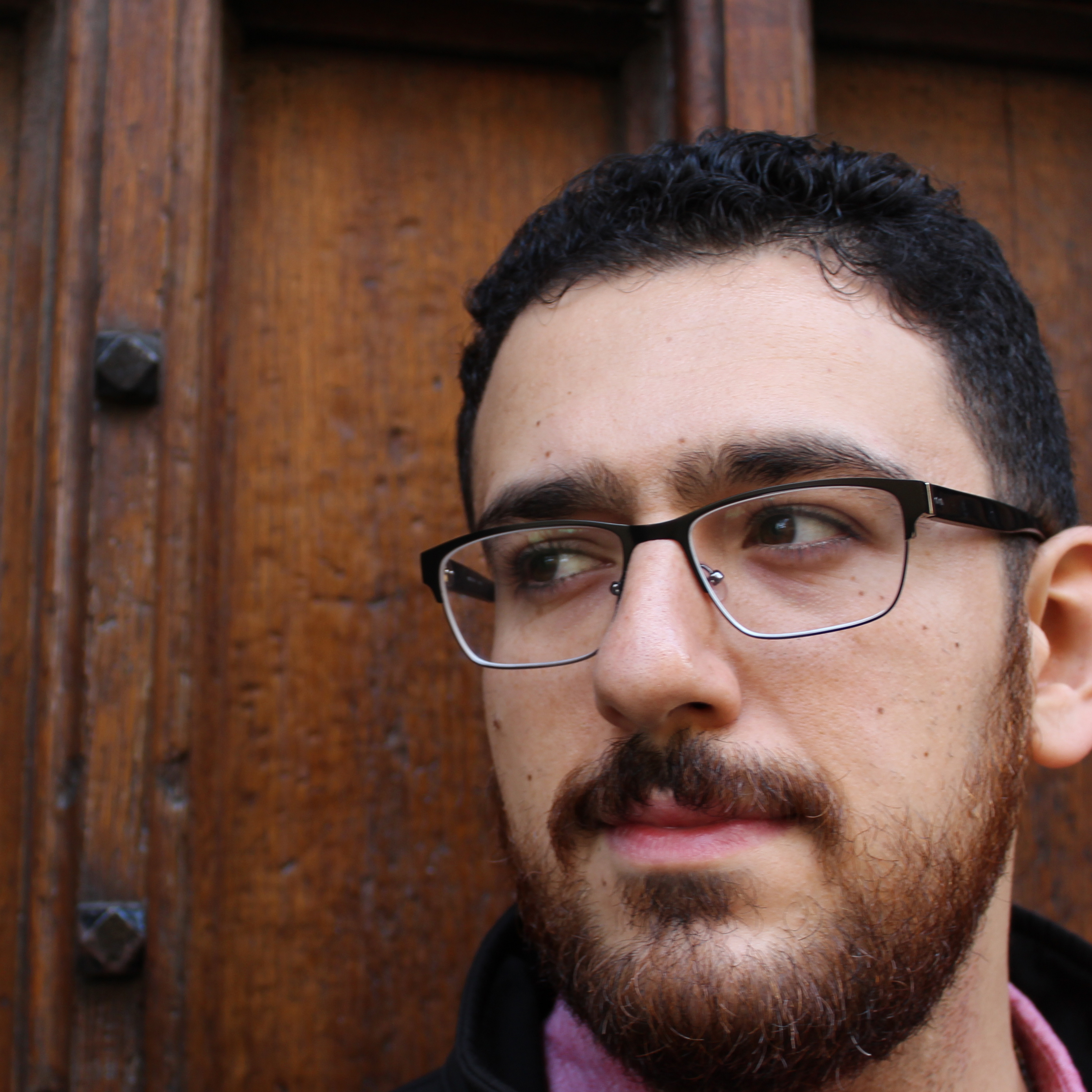A doctoral candidate in the Department of Religious Studies at Penn, Ali Karjoo-Ravary is working towards his dissertation, “Qāḍī Burhān al-Dīn of Sivas: Writing at the Margins (1345-1398 CE).” His research focuses on transregional intellectual histories of the premodern Islamic world and considers the multilingual literary output of Burhān al-Dīn’s short reign in Eastern Anatolia. He has two forthcoming articles: “Mapping the Unseen” on the reception of medieval cosmological diagrams and maps in modern publishing, and “Reading Between the Lines” on the influence of the book trade between Iran and India on canonizations of Persian literature.
Ali Karjoo-Ravary
Penn Humanities Forum Graduate Fellow
2016—2017 Forum on Translation
Ali Karjoo-Ravary
Ph.D. Candidate in Religious Studies, University of Pennsylvania
Persian Nightingales in a Turkish Garden: Translation and the Poetry of Burhaneddin of Sivas (d. 1398)
This work examines translation in the court of Burhaneddin of Sivas (d. 1398). Burhaneddin’s royal court designated specific languages for his short-lived imperial project: Arabic for religion, Persian for history, and Turkish for poetry. Scholars recognize Burhaneddin’s poetry as the earliest extant example of Turkish court poetry, but dismiss it as derivative of the Persian form because of his appropriation of Persian motifs. I argue that Burhaneddin recognized that Persian literary devices could not be replaced; the particular meanings imbued in those words would be lost in translation. Instead, he transferred the original terminology to his linguistic context. This project considers the following: how did Burhaneddin designate each language’s proper role? And how did he account for exchange between them?



